Beyond the band
Sophomore Morgan Faw takes private lessons from a professional saxophonist and performs at jazz clubs to improve his musical skill.
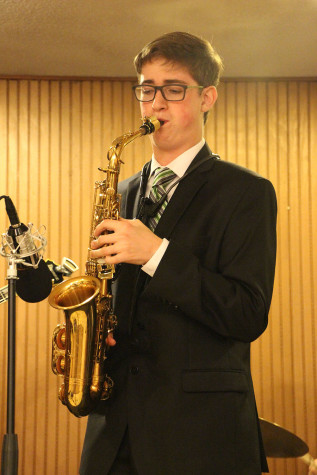
His fingers dance across the keys of his saxophone, and he furrows his brows as he focuses on the music. Sophomore Morgan Faw plays jazz on his saxophone for hours upon hours every day, a love he cultivates independently from the school band.
“Jazz is complicated like my feelings are complicated, and it lets me express my complicated soul,” Faw said. “Music is self-expression. It’s like speaking sentences that only a few people can really understand.”
Faw began playing saxophone in fifth grade and participated in school band until the end of ninth grade. He said he left the band last year to expand his horizons. Faw said he finds himself moving farther on his own than he could have with the school band.
“Marching band took up too much of my time for me to be able to excel with what I wanted to do with the saxophone,” Faw said. “If I hadn’t left the band, I think I would be much further behind than where I am now.”
Head band director Adam Lundine declined to comment on Faw’s decision to leave the high school band.
Faw said he wanted to be able to pursue jazz – his genre of choice. He said the marching band focuses more on the group talent than on building individual strengths.
Without a music class everyday at school, Faw began to take private lessons from various saxophonists. He now takes jazz instruction from Chris Burnett, a Kansas City saxophonist who is the current CEO of the American Jazz Museum.
“Morgan is a person that needs music at a whole different level so he can compete with the people of his generation who are like him,” Burnett said. “Every generation has a group of people like Morgan who are good enough to do music and be the artists of that generation, and that’s a whole different path than someone who is just participating in music for fun.”
Burnett said high school bands are useful for students who want to be exposed to the arts, but for students who aspire to be performers, something more is typically needed.
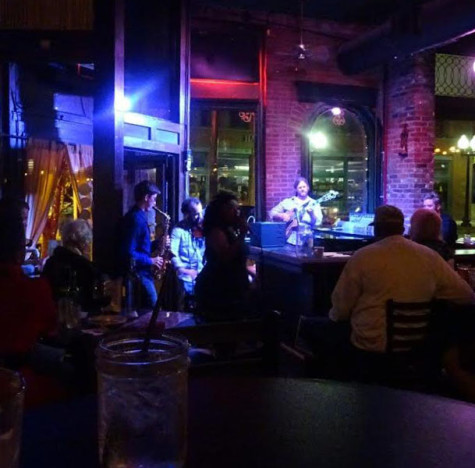
“I asked if I could just be in jazz band,” Faw said. “We talked it over for a few months with the administration, and they were finally willing to do something, but it led to my schedule getting in the way.”
After almost a semester of consideration, Faw decided to drop band entirely and go home after sixth hour to practice.
“I’m using sophomore year as a core class year, so senior year is easier,” Faw said. “Due to my crazy homework life, I practice three or three and a half hours a day. I can sometimes get that fourth hour in, but not as much as I used to be able to.”
Burnett said Morgan’s musical skills are progressing because of his individual commitment to the saxophone.
“Morgan is one of the students of his generation who possesses a great natural talent for music,” Burnett said. “He plays as much as he can, and you can tell that by the way he plays. He’s only in the tenth grade and he plays as well as people far older than he is.”
As a part of his rigorous practice schedule, Faw said he spends about one hour practicing fundamentals – scales, tones and chords – and two to three hours on pieces.
“I’ve had a lot of time to learn tunes on my own,” Faw said. “I was told by someone at a program this summer that I need to learn a tune every week. So I focus on trying to learn a tune – every aspect of it – every week.”
Burnett stressed the importance of practicing as the core of his teaching philosophy.
“As a musician you always have something to work on,” Burnett said. “As your experience grows, you become more refined in details.”
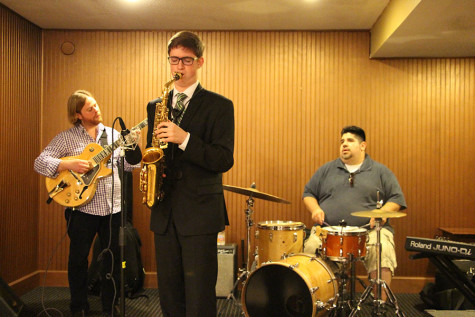
Faw said learning with Burnett has been so influential on his musical skills that he wrote a song about it.
“There’s so much that I never knew that I now understand that has helped me in so many aspects,” Faw said. “It’s unlocked an entire area of music knowledge that I didn’t even know.”
Faw plays every Monday at the Blue Room, a jazz club, and Tuesday at the Phoenix Jazz Bar, both downtown.
“When you go to clubs like the Blue Room, it’s a huge learning experience,” Faw said. “You learn more than you will ever learn in any band class, in any high school, ever, because it’s almost like being in war. You learn more on the battlefield than in a book. If you’re in the thick of it, you learn more, experience more, use your ear more and you communicate more than you ever would in your bedroom or basement or band room practicing.”
When Faw reached high school, he said he decided to aim high and hopes to be accepted into a music conservatory after high school.
“The music community around the world, especially in America, on the coasts, is highly competitive,” Faw said. “If you want to get into a good school, or be with good musicians, you need to be the best of the best.”
Faw said he aspires to share his love of music with others by pursuing it as a career.
“Jazz is the most complicated form of music there is,” Faw said. “It’s the oldest form of music where people really expressed themselves in a new way. I’d like to make jazz a career where I tour the world and write music with a band. We’ll express our feelings to other people and let other people understand what we’re feeling through this different form of language.”


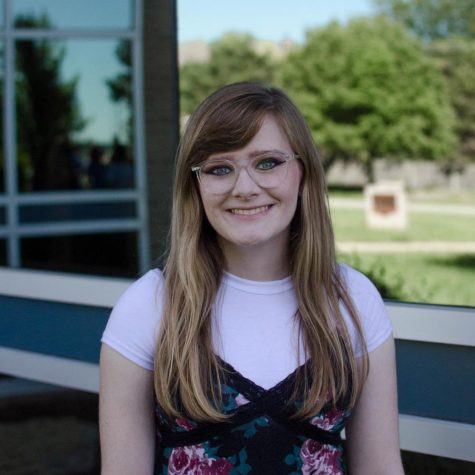
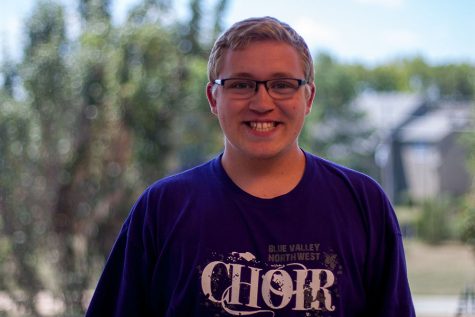
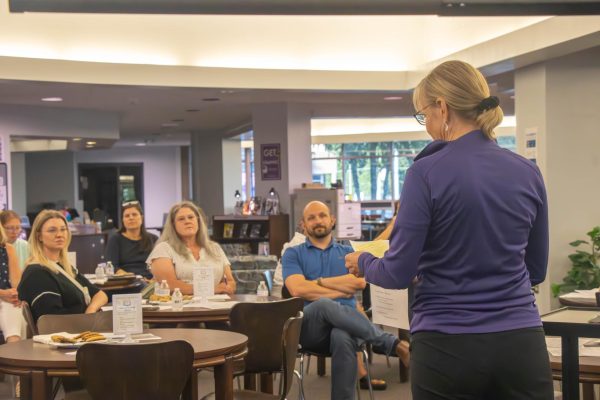


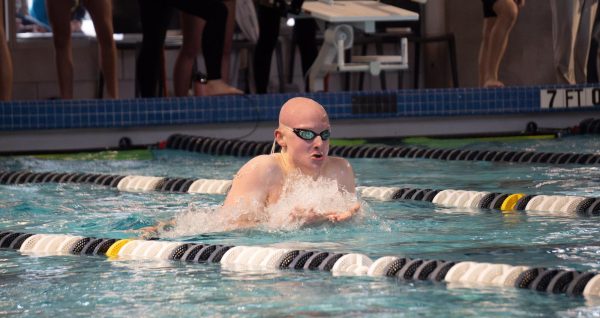
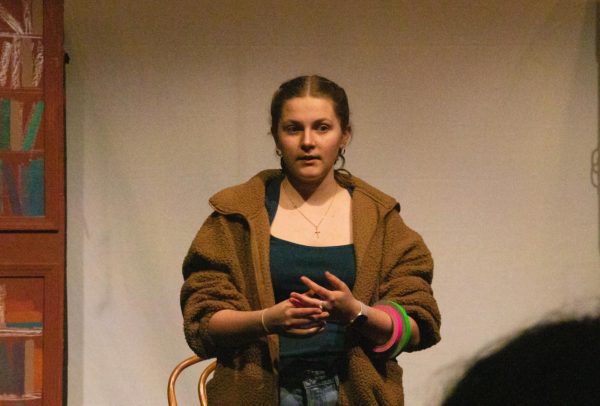
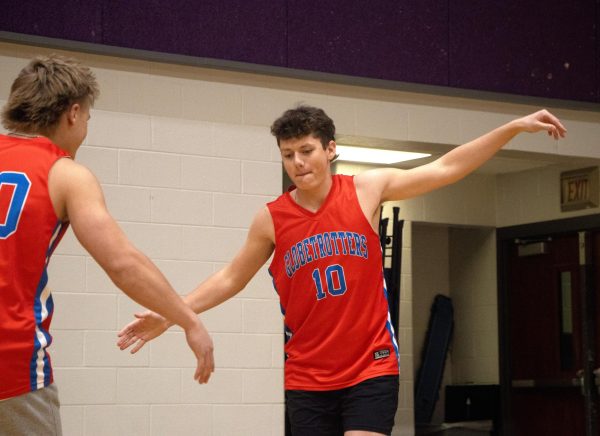
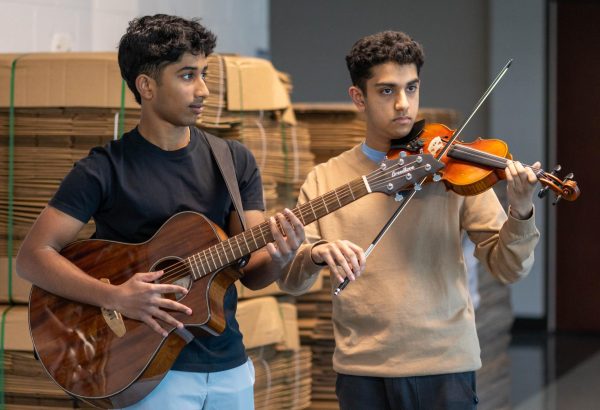
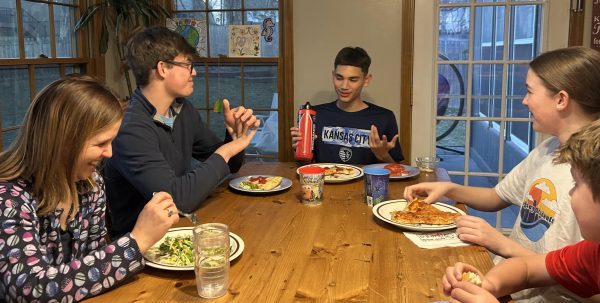
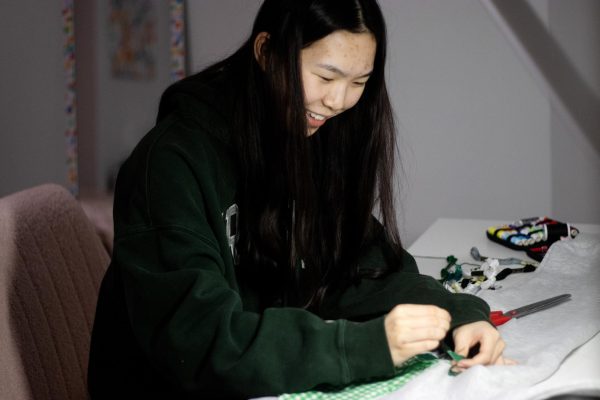

Matt Faw • Oct 25, 2015 at 12:26 pm
What a stud. A true prodigy.